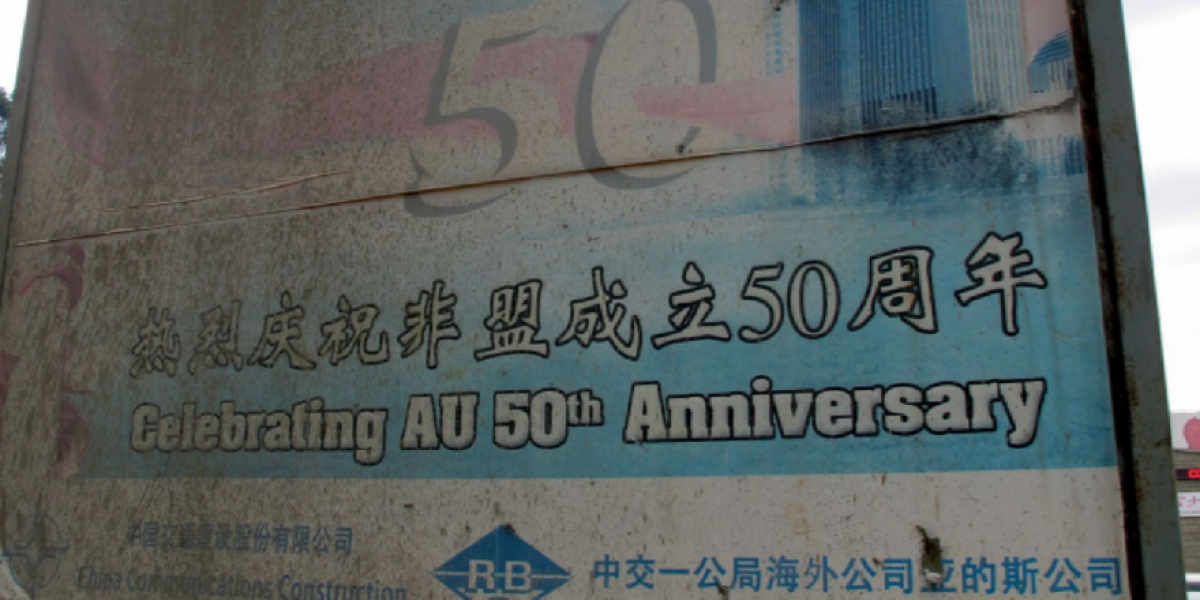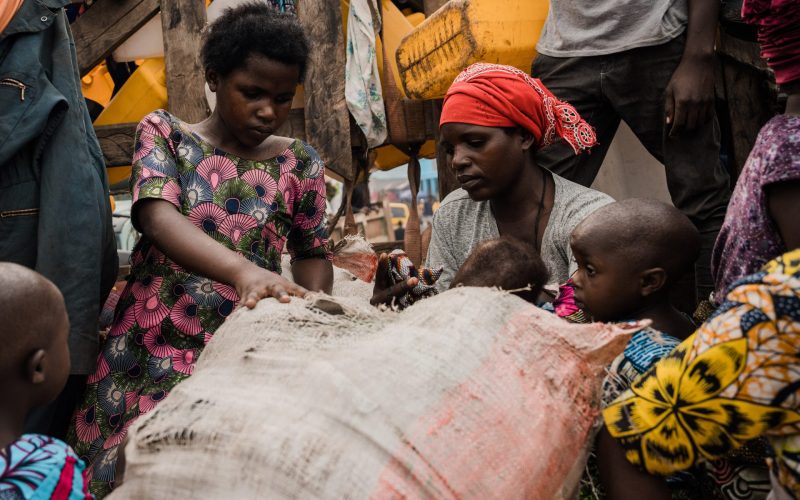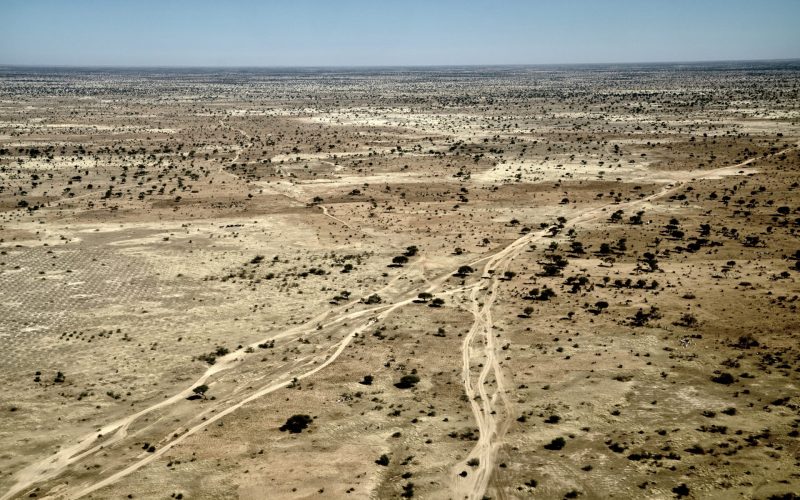Its strategic position within the Horn of Africa and its stable and efficient – although coercive – government, coupled with the concentration of regional institutions in Addis Ababa, have gradually turned Ethiopia into one of the main entry points into Africa.
While pursuing its own development path, the Ethiopian government has also been drawing inspiration from success stories in East Asia, not least China. In terms of engaging with foreign partners, Ethiopia is increasingly skilled in linking its national development priorities to its foreign policy strategies. As a result, the ruling party’s firm grip on the economy and on political power is having a direct impact on its engagement with foreign actors. By focusing on the themes of peace and security, human security and governance capacity building, this paper not only explores the nature of political cultures and concepts of power in Ethiopia but also looks at the ways in which China navigates this complex political landscape (both domestically and regionally) while seeking to expand its foothold and bargaining power on the ground.
Ethiopia is increasingly skilled in linking its national development priorities to its foreign policy strategies.








